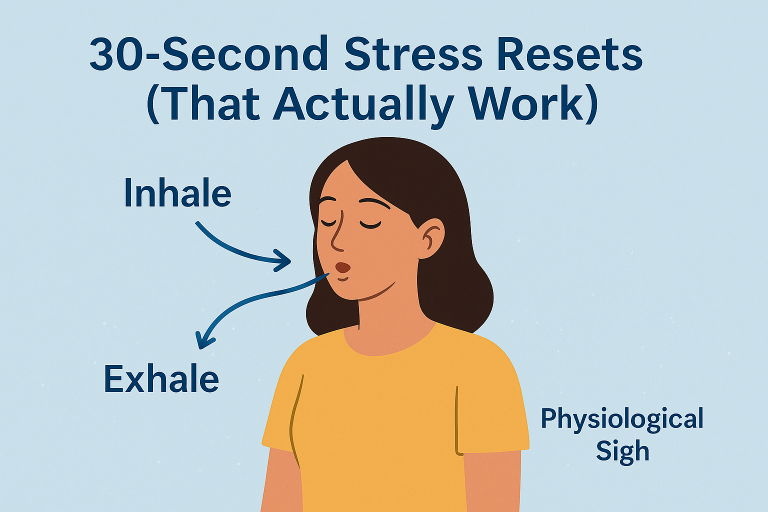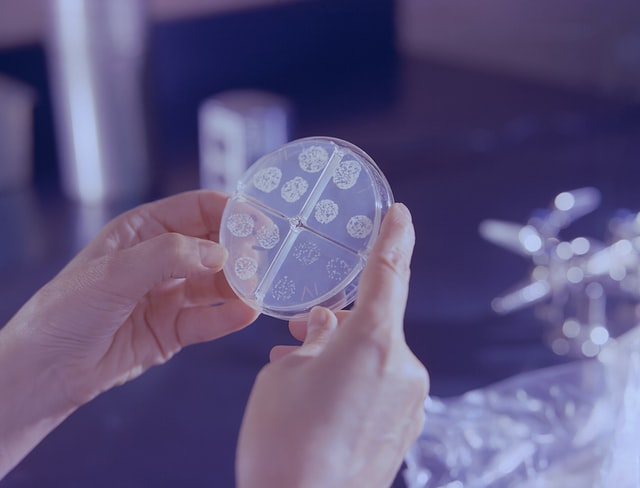Protein is an essential macronutrient that belongs in every healthy diet, but many people don’t know how much they need or where the best sources are.
It is the macronutrient we need to build and repair our muscles. It protects us from osteoporosis, heart disease, and cancer–and it’s what you need for a healthy body.
What is protein?
Protein is a macronutrient that has been used as a staple for centuries and is required for many functions in the body. It provides energy and supports mood and cognitive function, and reduces symptoms of depression and anxiety.
Protein helps maintain muscle mass, so an adequate amount of protein in your diet can have significant health benefits.
Consuming protein breaks it down into its 20 essential amino acids, the building blocks of our body development and energy.
Tryptophan is an amino acid that influences mood. It reduces symptoms of depression and anxiety because it boosts serotonin levels in the brain without causing side effects like sleepiness or agitation. Some animal protein sources deliver all the essential amino acids your body needs, while plant-based proteins often lack one or more of them.
You don’t have to eat animal products to get enough tryptophan in your diet, but you should consider adding a few servings each week so you can benefit from the mood-enhancing effects.
One of the ways to increase your protein intake is by eating a variety of plant-based sources. This includes beans, rice, nuts, and nut butter. All these foods have different amounts of essential amino acids that can help you get enough protein in your diet if it’s lacking or low on specific nutrients like iron and calcium.
How much protein do you need?
Proteins are the building blocks of our bodies, so they are essential for many processes in the body, including growth, repair, and cell function. Protein deficiency can lead to muscle loss or even death due to organ failure.
However, when you get enough protein in your diet, it can help promote weight loss by helping with satiety and regulating blood sugar levels, leading to fewer cravings.
Protein should make up at least 10% of your daily calorie intake (for a number in grams, multiply your weight in pounds by 0.36).
You can get 17 grams in a 6-ounce container of low-fat Greek yogurt for breakfast, 25 grams in a serving of skinless chicken breast for lunch, and 15 grams in a cup of black beans for supper.
Protein can be found in many different foods such as dairy, poultry, fish, nuts, and some vegetables.
If you need to up your protein intake, it’s best not to focus on counting calories. Instead, make simple changes like adding more fruit and vegetables into the diet or replacing some carbohydrate-heavy food with lean meats.
Here are some tips on how to increase your protein intake:
Focus on protein first
It’s essential to eat protein before moving on to other food sources, especially grains. It would be best if you ate the bulk of the protein before eating other foods, and it can help keep you full for hours. Additionally, it helps with weight loss and can make you feel fuller, which will help to avoid overeating later on in the day.
Protein keeps blood sugar levels steady and prevents insulin spikes. Furthermore, protein decreases levels of ghrelin, the “hunger hormone.” This means that after a meal, when you’re full, your blood sugar and insulin levels remain low until more food is consumed.
Eating protein first at meals can prevent overeating of carbohydrates later in the day.
1. Have a protein shake or a smoothie for breakfast
Many people who want to increase their protein intake can have a protein shake for breakfast. Many smoothies are often high in fruits, vegetables, and juice, which provide the body with essential nutrients that contribute to muscle growth. The best way to consume a smoothie is to have it within 20 minutes of waking up.
Protein shakes are good for increasing your daily protein intake and helping manage blood sugar levels, and reducing hunger cravings throughout the day.
Studies have shown that whey protein powder is the best dietary source of complete protein because it contains all essential amino acids. One scoop (28 grams) provides about 17 grams of protein on average.
2. Try Greek yogurt
Protein-rich dairy products such as Greek yogurt are excellent sources of this macronutrient and offer benefits for weight management, appetite regulation, and blood sugar balance.
Greek yogurt has a higher protein content than regular yogurt. It is also versatile and can be used for many different dishes, besides being eaten on its own.
For example, you could use it to make pancakes or parfaits with fresh fruit and granola.
Its tangy flavor goes well with berries or chopped fruit, and it also contains probiotics that help support digestive health.
Traditional yogurt has 17-20 grams of protein per serving, and Greek yogurts have twice as much: 40g.
3. Have a cheese snack
Cheese is a healthy and filling snack that can be enjoyed alone or with other food. It’s a high-protein and calcium snack that doesn’t seem to raise cholesterol levels much so that you can eat it day or night.
Cheese is also healthy and satisfying because of its low glycemic index, making it an ideal food for people with diabetes or who need extra calories in their diet.
It is vital to eat cheese when you are on the go because it keeps for up to two weeks, so you’ll have something on hand anytime hunger strikes.
Some great options include cottage cheese, grated Parmesan, crumbled blue cheese, or Gorgonzola.
4. Replace your breakfast cereal with eggs
Eggs are a protein-rich food that is easy to make and digest. They can be boiled, scrambled with cream cheese, or made into omelets for breakfast.
Switch your cereal for eggs in the morning during the week when you need more protein in your diet. You can also hard boil them and use them as a base for soups or stews later on in the day when you’re craving something heartier than usual!
You can get 19 grams of high-quality proteins and essential nutrients like selenium and choline by adding three large eggs.
Conclusion
Protein is crucial for so many reasons. It helps keep you satiated, decreases appetite, provides energy, and increases muscle mass, which can also help with weight loss or gain.
You’re not alone if you find it difficult to eat an adequate amount of this vital macronutrient daily; however, try easy ways outlined in this article that help busy people like us make sure we fulfill our bodies’ needs and hit our fitness goals.




